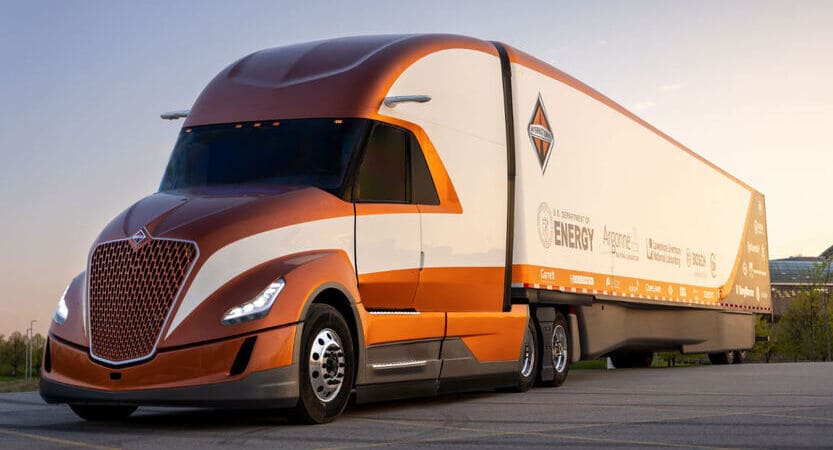A recent Brookings report got me thinking. Oil production in the United States is a controversial topic for the environmental community. It may seem logical to reduce our domestic oil production to combat climate change. After all, without crude production, our fleets wouldn’t have oil to consume (in the form of fuels) and therefore wouldn’t pollute the air. In the past, some oil companies have even denied and suppressed climate science- similar to the actions of the tobacco industry suppressing cancer lung cancer research.
In my opinion, the best way to reduce greenhouse gas emissions from the oil industry in the US is not to stop production, but to increase the fuel efficiency of our vehicles. Changing how much gas we consume would change how we view and use our transportation system. This can occur while we slowly move away from gasoline and diesel and towards alternative power engines. These changes are necessary so we keep emissions from moving up further.
Countries need to transition away from depending on fossil fuels to minimize combustion engines’ polluting effects and avoid the worst impacts of climate change. Particularly, they need to reduce their dependence on equipment that works without carbon capture systems. But we also already have the technology to improve our current fuel consumption radically, which would help more than reducing US oil production.
For example, Honda set a Guinness World Record for the most fuel-efficient car prototype, averaging 2.82 liters per 100 kilometers (100.31 MPG) during a 13,498 km (8,387 miles) drive across 24 EU countries. In 2023, Navistar also announced that its SuperTruck II truck obtained 16 mpg during evaluation test runs, thanks to hybridization, aerodynamics, and other technologies. In Germany, a fully loaded Actros achieved 17 MPG—that’s double the United States Class 8 average consumption of 7 MPG—thus setting a world record for fuel economy. Guinness World Records has certified PAC-Car II, from ETH Zurich, as the world’s most fuel-efficient vehicle. The PAC-Car II reached 5385 km with a bit of hydrogen equivalent to 1 liter of gasoline.
Oil is primarily used in transportation, accounting for about 53% of global demand and 67% of American demand, according to the Brookings Institute 2023 report. Although technologies to replace fossil fuels are not yet widespread, Diesel is popular and currently represents about one-third of all the global fuel demand. However many countries in Asia, Africa, and Latin America are still developing, and their need for oil will only increase moving forward.
The commercial transportation sector, which includes goods moved by road, air, and sea, needs to search for a replacement for the power train. Creating policies that reduce fuel needs will likely be the most effective way to do so. But current policies of this kind are lackluster. Most countries have set future dates for achieving net-zero greenhouse gas emissions. However, most countries with net-zero targets don’t have a clear path to achieving those goals or lack the technology or funding to do so. These disconnect between the publicly stated goals and policy adds more significant uncertainty to the long-term investments needed in the energy industry.
With all this evidence in mind, the United States can and should set an example by increasing the performance of our cars and trucks to minimize pollution. This can help us stave off total economic disruption from stopping oil production and avert the environmental disruption of irreversible climate change due to the new exploitation of the planet.





